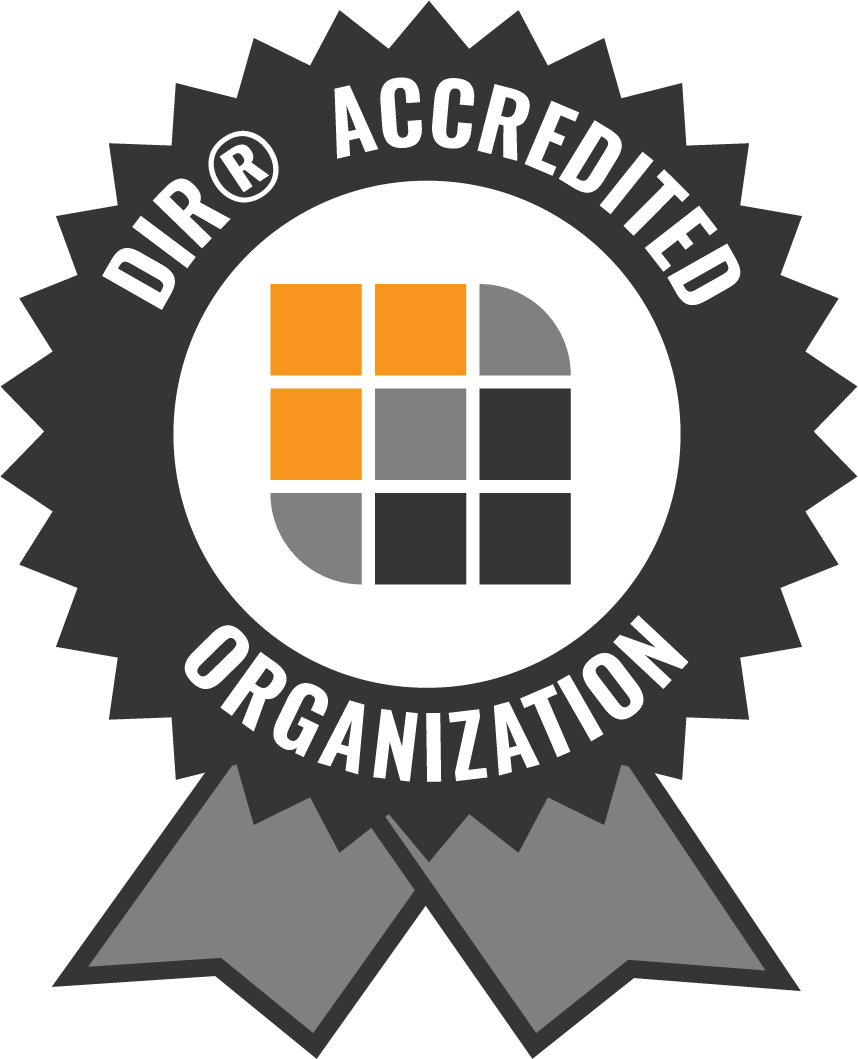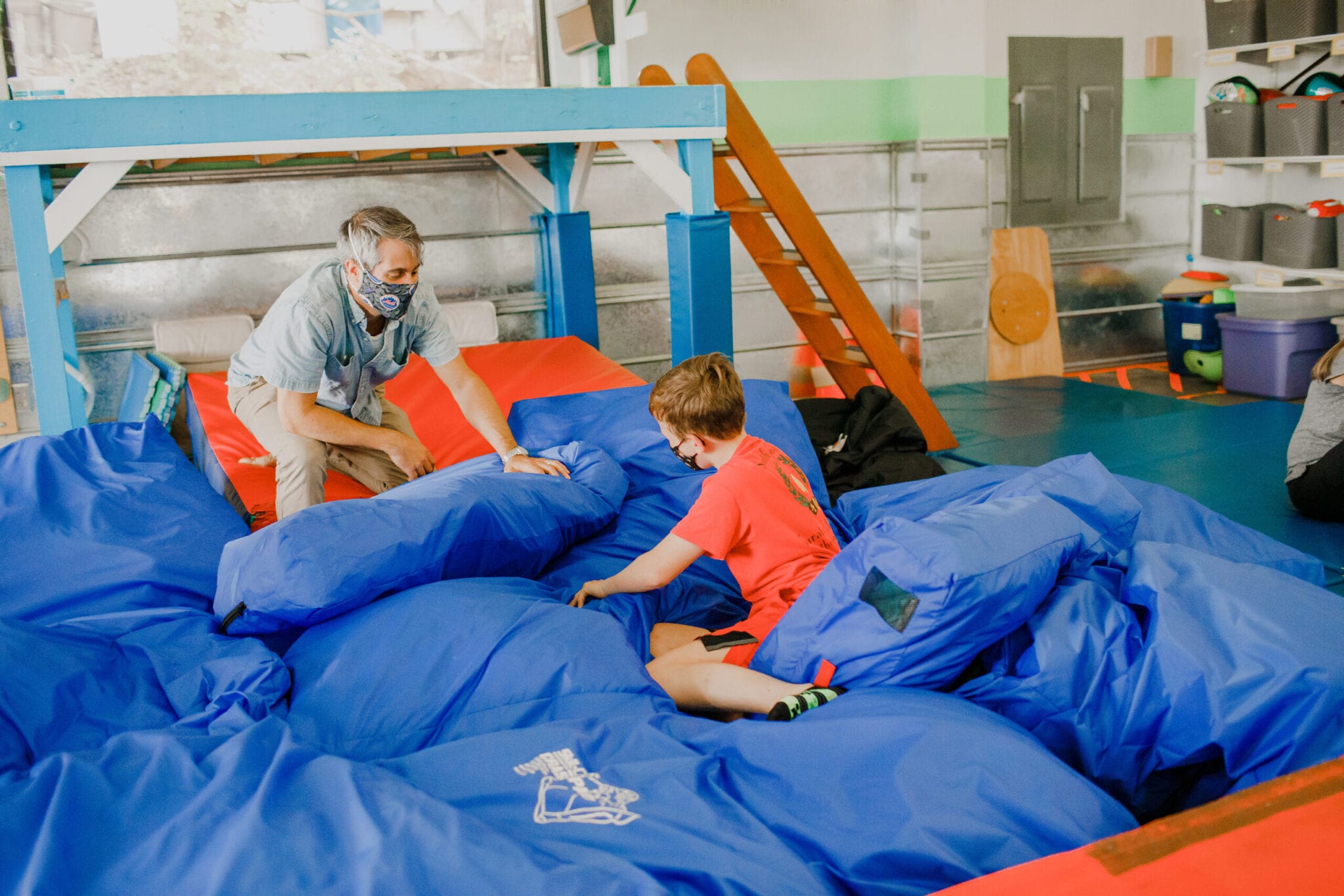
Parent Coaching:
Using the DIR/Floortime ® Model
Emerge Pediatric Therapy is excited to share we are the only DIR Accredited Organization in North Carolina!
What is D.I.R. Floortime?
D.I.R. stands for Developmental, Individual Differences, and Relationship-Based model. It is commonly known as “Floortime.” Floortime is an intervention created by Dr. Stanley Greenspan and his colleagues, and it is used to support individual development, centered on respect, joy, play, and human relationship. It is a strengths-based approach, built to tap into a child’s passions and motivations, in order to help them develop meaningful skills, gain autonomy, think freely, and build social connections. It is utilized by therapists, educators, parents, and health professionals worldwide.
Floortime is a developmental approach to supporting children in their emergence into a social world through play, utilizing the power of their relationships with caregivers and therapists, and emphasizing the child’s individual differences as the catalyst for growth and change. Since the child-caregiver relationship is a key part of Floortime, caregiver coaching can be a powerful therapeutic intervention.
Coaching can occur in the clinical setting or via telehealth. In this process, the caregiver will be paired with a certified ® practitioner. Together, they will establish a strong understanding of the child’s developmental capacities, strengths, limitations, and sensory needs. The therapist will support the caregiver in meeting the child at their developmental level through play, so that these interactions can be most rewarding for both child and caregiver. Finally, through guided reflection, the caregiver can continue to develop their own Floortime skills and continue to best support their child’s growth and well being at home.
Our Floortime Coaching is offered as a package of four 45 minute therapy sessions. If you are interested in learning more, please fill out our Initial Inquiry Form and choose Floortime Coaching as your service of interest!

You may benefit from our Parent Coaching program if…
-
You struggle to engage your child or hold their attention.
-
Your child pays more attention to objects than people.
-
Emotional dysregulation is a frequent problem in your household (large bursts of emotion that do not match the size of the problem).
-
You and your child rarely have playful interactions.
-
Your child doesn’t know how to share ideas or solve social problems.
Parents who complete Parent Coaching have reported:
-
Reduced caregiver stress
-
Improved child relationships
-
Increased child engagement and communication
-
Increased child readiness for social and emotional demands of school and other social settings
Watch this video to learn more about DIR/Floortime Parent Coaching
Related Videos
Related Blog Posts
Learn More
Additional Information on DIR/Floortime
https://www.icdl.com/

